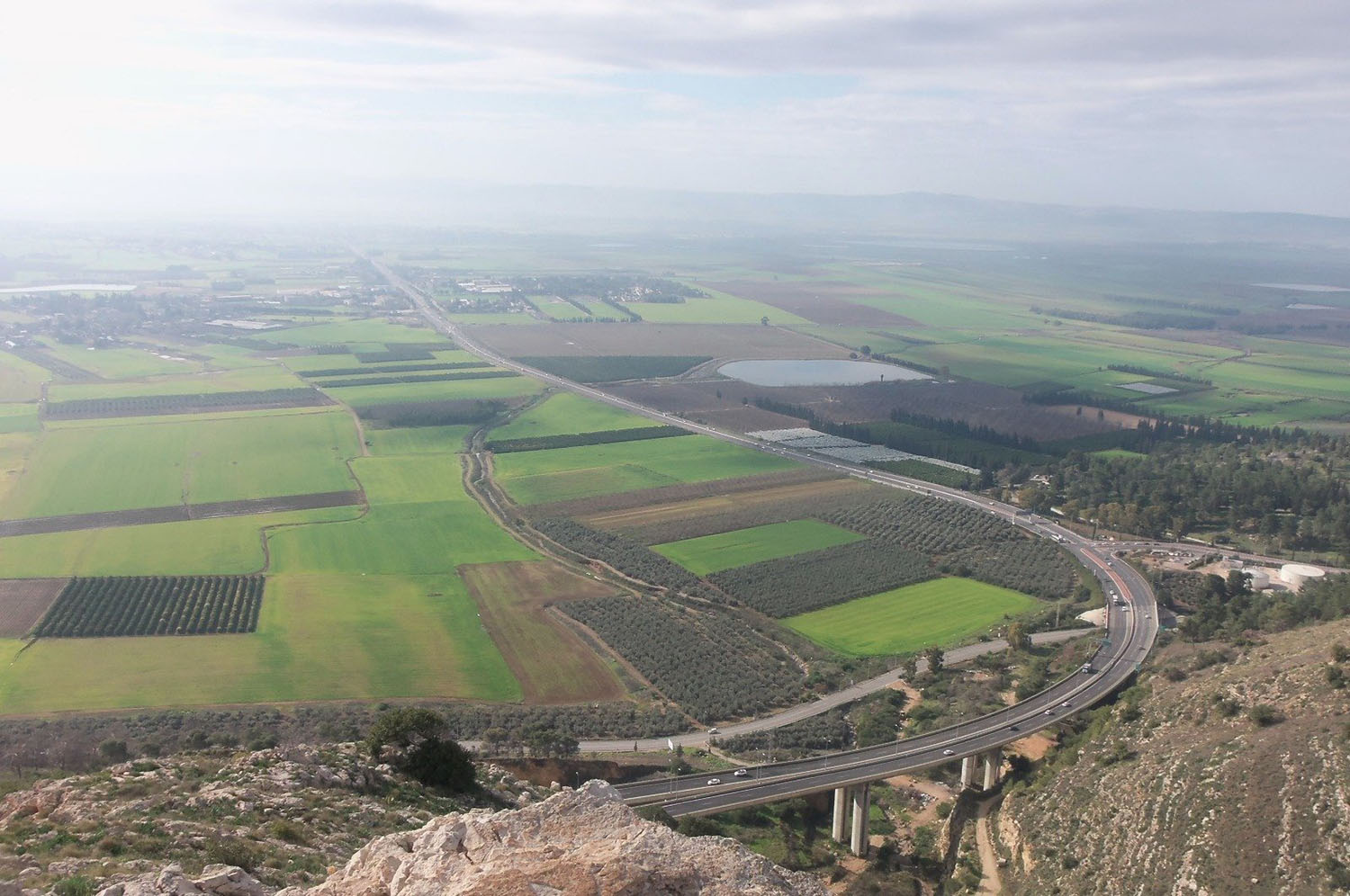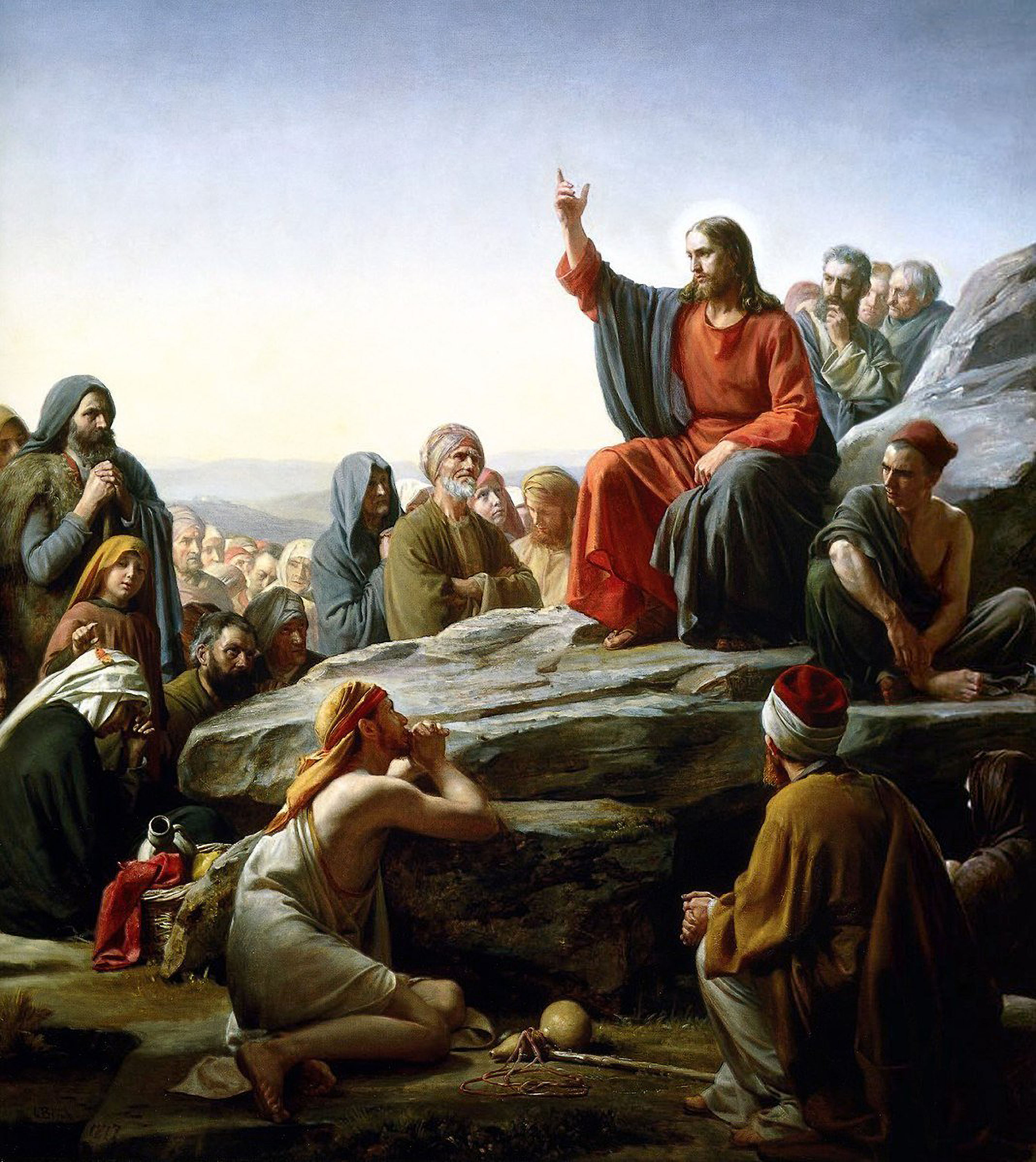No Room in the Inn?
By Dr. Noel Rabinowitz
December 21, 2022
When Joseph and a very pregnant Mary arrived in Bethlehem on a cold winter night, so the story goes, they were turned away by a heartless innkeeper and were forced to take shelter in a lonely barn on the outskirts of town because there was no room for them “in the inn.” While that version of the story of Jesus’ birth tugs at the heart strings and makes for a great Hallmark Christmas Special, it’s not accurate.
The Tribes of the Land
By Dr. Noel Rabinowitz
January 10, 2023
After the Tribulation, according to Matthew 24:30, the second coming of Jesus will take place. The sign of the Son of Man will appear in the sky and all the φυλαὶ τῆς γῆς (phulai tes ges) will mourn as consequence of his appearance. The NIV translates this phrase as “all the tribes of the earth.”
While not a direct quotation, the phrase is a very clear allusion to Zechariah 12:10-14 in the LXX (the Greek translation of the Hebrew Bible). The Greek word φυλή (phule) means “tribe.” The Greek word γῆ (ge) can be translated in several ways, including “land”, “earth”, and “ground”. In the context of Zechariah 12, it's clear that the text is referring to the tribes (φυλή, phule) of the land (γῆ, ge) of Israel who will mourn for the one whom they have “mocked” (“pierced” in the Hebrew).
Waiting for the Rain
By Dr. Noel Rabinowitz
February 7, 2023
At last — it’s raining in israel. this has been one of the driest winters on record in israel in nearly sixty years. the forecast calls for more rain – and when it rains in israel, it comes in the form of a torrential down pour – but it’s unlikely that we’ll see the record rainfalls of the last four years that have left the sea of galilee at its highest level in 30 years. nevertheless, and even though modern technology has reduced israel’s dependence on rainfall, israelis still breathe a collective sigh of relief when the heavens open and the rain starts falling. and that brings us to james 5: 7-8.
James writes to the messianic Jewish community scattered throughout the Diaspora. Having just demonstrated that God will bring an end to the oppression of the rich in verses 1-6, James urges his brothers to exercise patient endurance “until the coming of the Lord” (v.7). When the Lord returns, he will make things right. The evil will be punished and the righteous rewarded. So, be patient.
Hallowing God’s Name
By Dr. Noel Rabinowitz
July 11, 2023
In Matthew 6:9 Jesus taught his disciples to pray, “Our Father in heaven, hallowed be your name.” What exactly does that mean and who exactly is doing the hallowing? Part of the mystery has to do with the fact that the term “to hallow” is a bit obsolete even though it’s favored by virtually all English translations. Hallowed is simply an old-fashioned King James kind of word that means consecrated or set apart as holy.
Our real interest, of course, is in the Greek word that stands behind the English translation. The Greek verb ἁγιάζω (hagiázō) means to honor, sanctify, set apart, make holy. A spruced-up translation of verse 9 is “Our Father in Heaven, sanctified be your name.” But still, what does that mean? We are so familiar with this verse (even without “hallowed”) few of us pause to think about what Jesus is actually saying. How can God’s name be sanctified anymore than it already is?
What’s Moses Have to Do with the Feeding of the Five Thousand?
By Dr. Noel Rabinowtiz
August 10, 2022

The feeding of the five thousand is the only miracle story to occur in all four Gospels - Matthew14:13-21; Mark 6:32-44; Luke 9:10-17; John 6:1-15. Now that alone should tell us something about just how important the miracle is to story as a whole. And yet, surprisingly, the feeding of the five thousand seems to generate remarkably little interest among readers. It’s “in there,” of course – but it’s frequently relegated to the status of nice Sunday School lesson about Yeshua’s concern for his followers. Historical reconstructions of the life of Yeshua don’t pay all that much attention to the incident. The main point of contention about the story is usually the question of whether or not it was a miracle at all – critical Bible scholars have an obsession with providing non-supernatural explanations as to how Yeshua turned two fish and five loaves of bread into a full-size banquet.
As a consequence of all this under-appreciation, we’ve missed out on just how important this miracle really is to the Gospels. However, if we examine the feeding of the five thousand within its first-century Jewish context, its significance quickly becomes apparent.
Read more: What’s Moses Have to Do with the Feeding of the Five Thousand?




